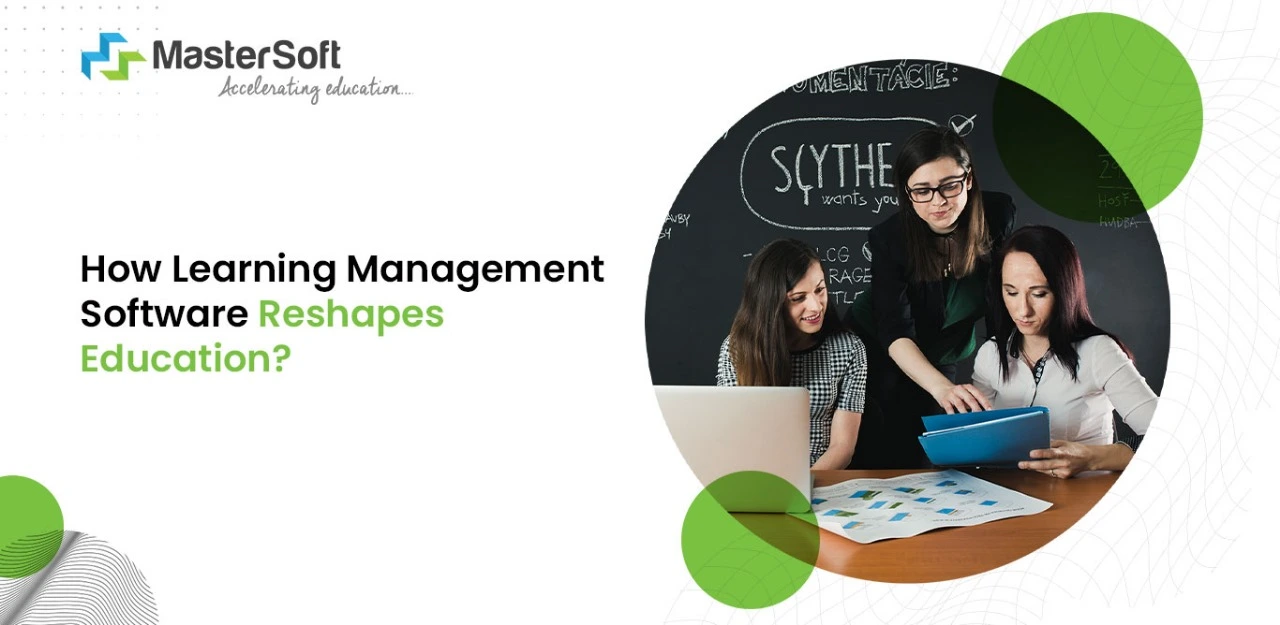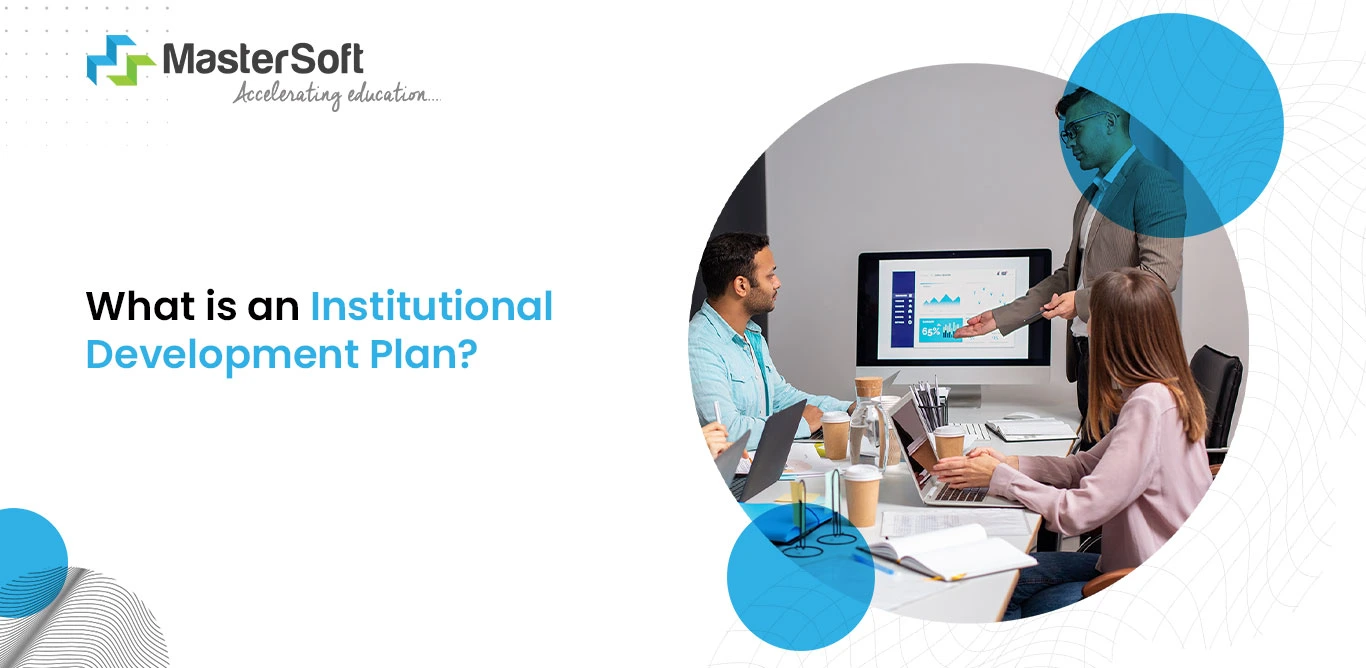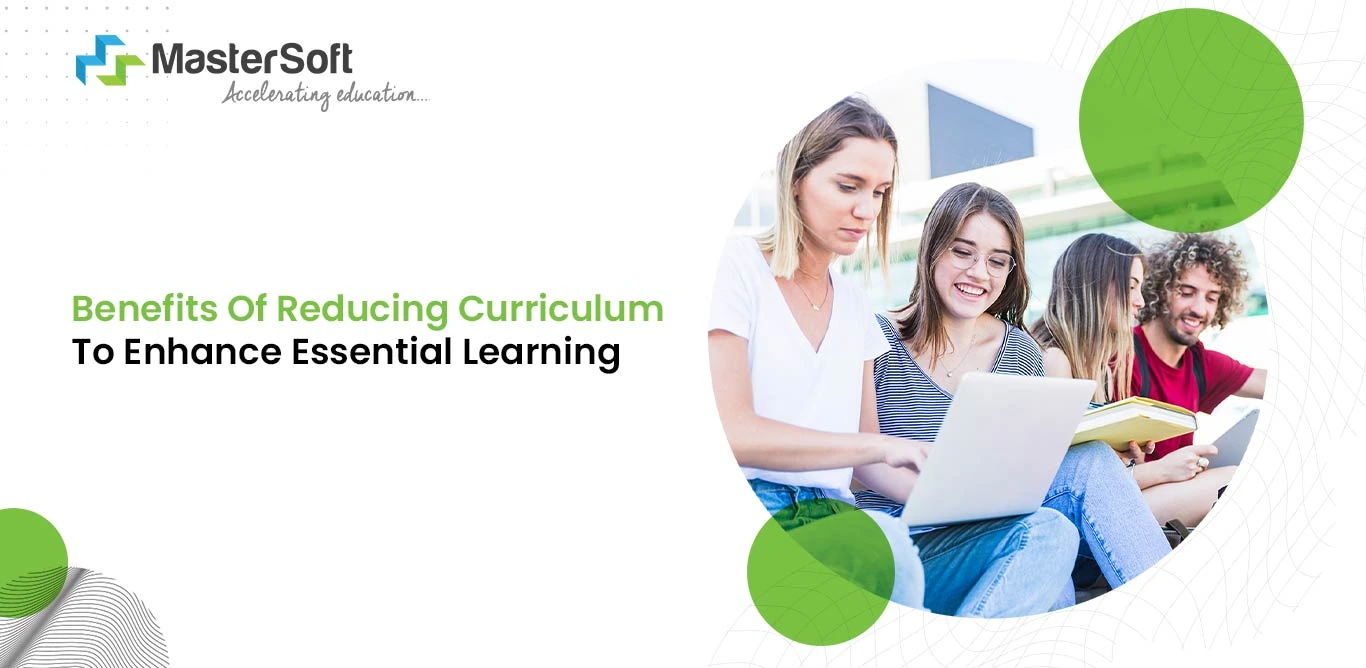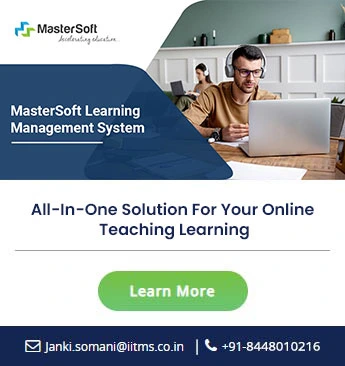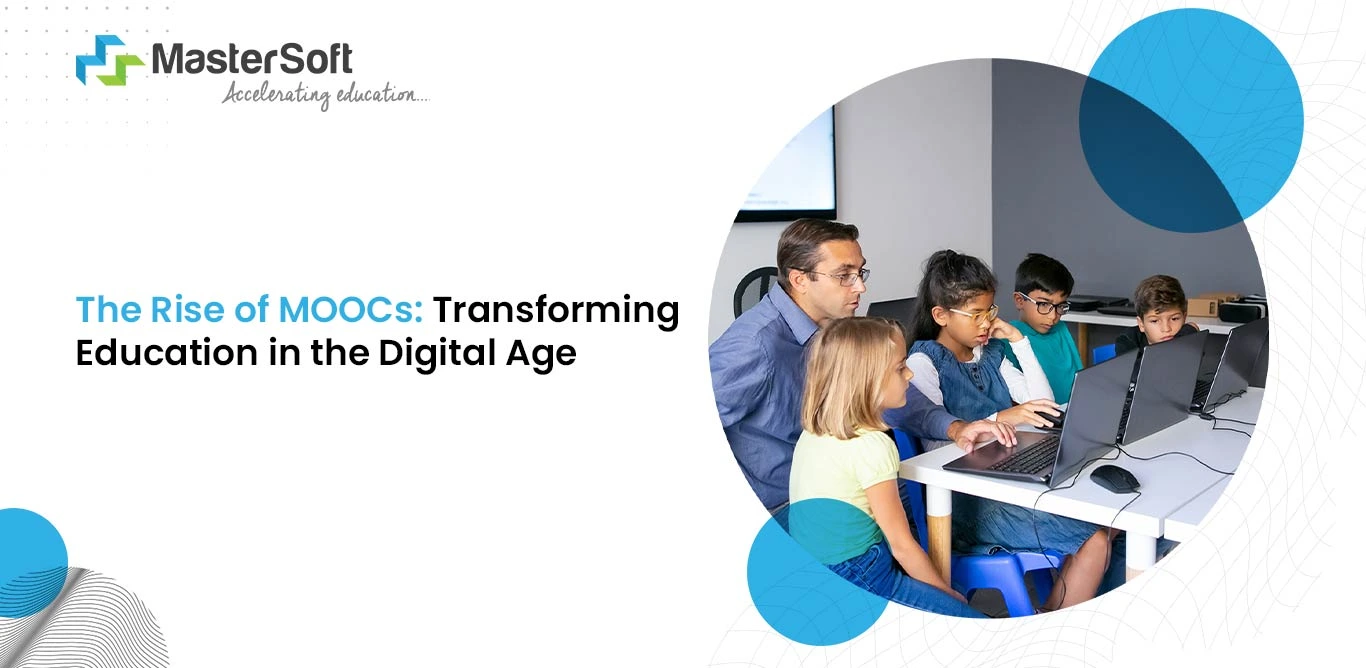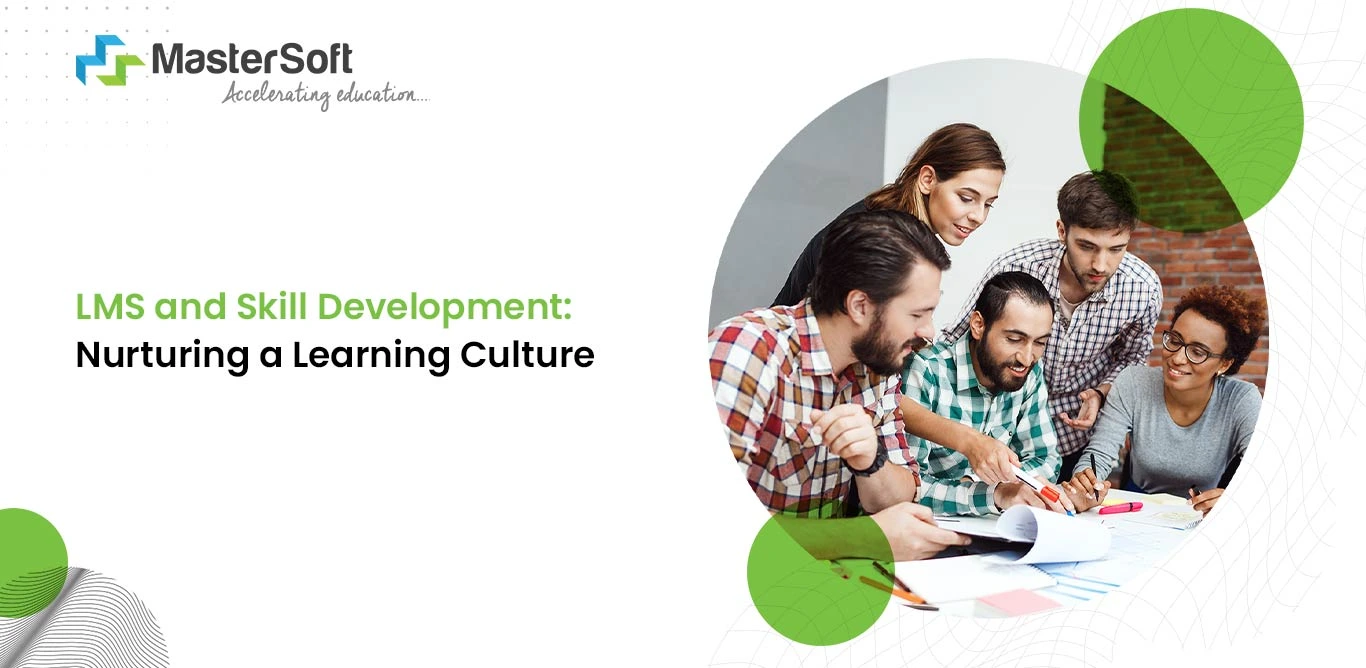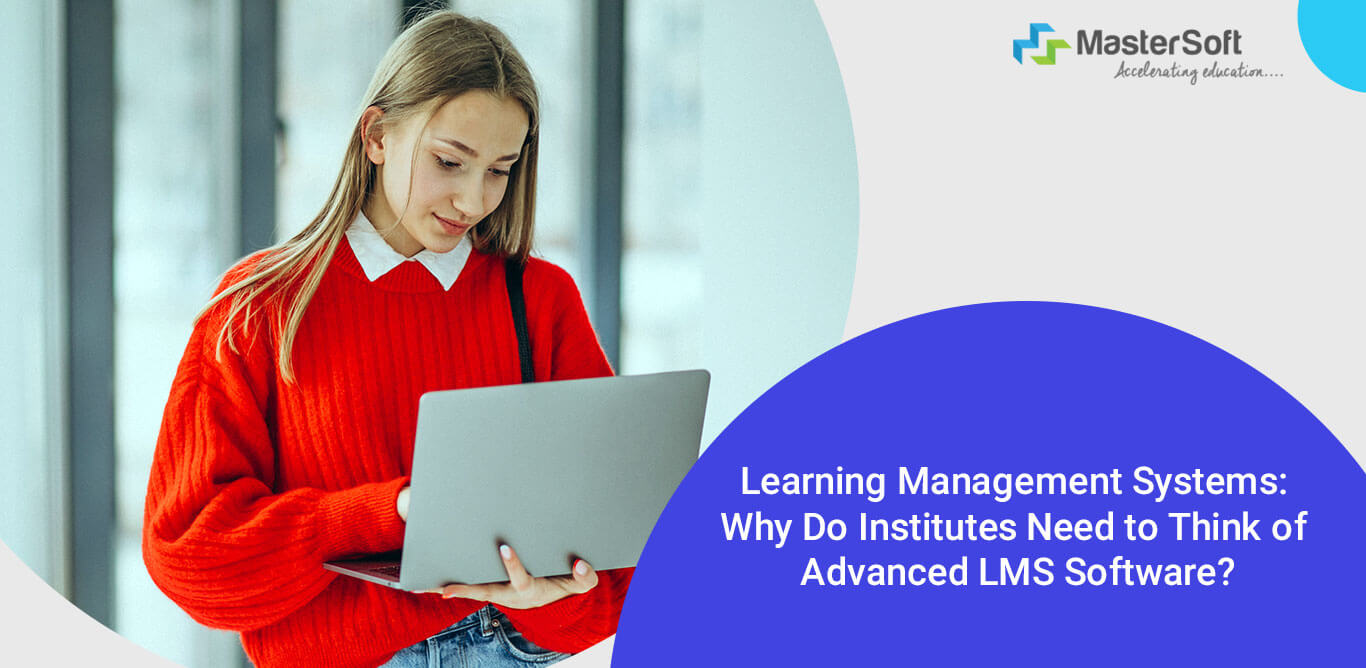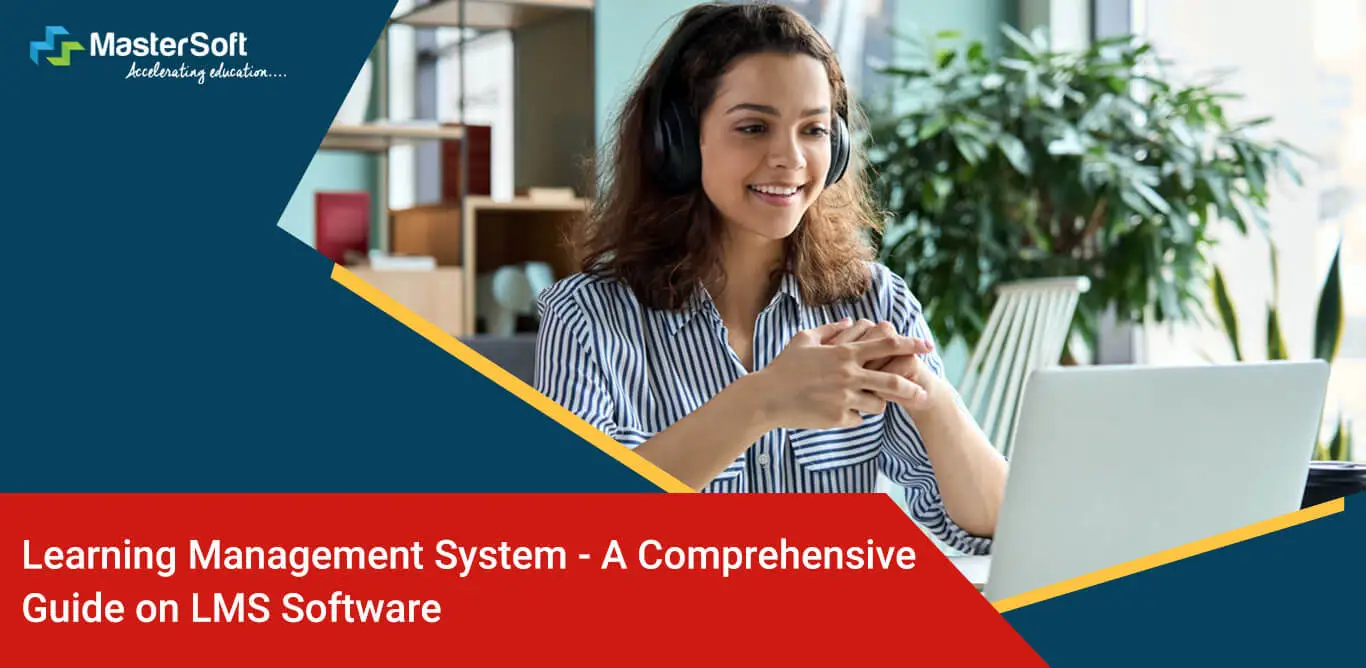10, Jan 2024
Education is constantly evolving. With the introduction of newer technologies and ideas, it is being reshaped even faster. One such influence in reshaping education is the Learning Management System.
The Learning Management System (LMS) is a really powerful tool that transforms the way we teach and learn. Technically speaking, LMS is a software application that allows teachers to create, manage and deliver online courses, and learning materials. Students, staff, customers, and partners can easily access these with LMS.
LMS also provides features for communication, collaboration, assessment, feedback, reporting and analytics.
Various sectors such as corporate, healthcare, government, and non-profit organisations use of LMS to increase their effectiveness. However, the most significant impact of LMS is on the education sector.
LMS has reshaped education by enhancing the quality, accessibility, and efficiency of teaching and learning.
National Education Policy 2020: All You Need To Know About NEP 2020 For Schools
Today, we will explore how LMS reshapes education in the following aspects:
- The role of LMS in education
- The Impact of Elearning
- Benefits of LMS in education
- Challenges of LMS in education
- Future of LMS in education
The Role of LMS in Education
LMS plays an important role in education. It provides a platform for online courses and training programs. Teachers can easily design and deliver personalised learning paths and content recommendations for their students using LMS.
Learning Management Software allows students and teachers to easily communicate and collaborate with various tools. These tools included forums, chats, blogs, wiki, podcasts and webinars.
That's not all! LMS also supports integrated learning. This is a mix of Online and Face-to-Face (Offline) Learning. Integrated learning offers the best of both worlds:
- The flexibility and convenience of online learning.
- The social and emotional support of face-to-face learning.
Integrated learning also increases student engagement and retention by offering diverse and interactive learning experiences.
LMS also enables different types of online courses and training programs. Here are a few:
- MOOCs: Massive Open Online Courses (MOOCs) are free or low-cost courses. These courses are open to anyone who wants to enrol. MOOCs offer high-quality education from reputed institutions to students all around the world.
- SPOCs: Small Private Online Courses are similar to MOOCs. However, they are more selective and have limited enrollment. SPOCs offer a more personalised and interactive education to a smaller group of students who share common interests or goals.
- Microcredentials: Just like the name suggests, Microcredentials are short-term courses. These focus more on a specific skill. Microcredentials offer students a way to present their achievements and qualifications to employers or academic institutions.
- Flipped Classroom: Flipped classrooms are a type of integrated learning. In flipped classrooms, students access the course content online before attending face-to-face sessions. Flipped Classrooms allow students to learn at their own pace and prepare for in-class activities.
The Rise Of MOOCs: Transforming Education In The Digital Age
The Impact of E-Learning
As the name suggests, using electronic media and technology to deliver education is called E-Learning. E-Learning is enabled by LMS, which provides the setup and tools for creating and delivering online courses and training programs. By making resources accessible worldwide, E-learning has created a significant impact on education.
E-learning breaks the barriers of time, location, cost, and availability, which makes education accessible to everyone. It allows anyone with an internet connection to access high-quality courses from anywhere in the world.
Among the other impacts of E-Learning is reduced cost. E-learning reduces the cost of education by eliminating the need for physical learning elements like infrastructure, materials, etc.
By providing personalised and adaptive learning experiences, E-learning also improves the quality of education. It allows teachers to customise their courses and training programs according to the needs, goals, and abilities of their students.
Lastly, Elearning also provides adaptive learning experiences that adjust to the progress and performance of each student.
Benefits of LMS in Education
LMS offers many benefits for education. It provides features and functionalities that support various forms of content.
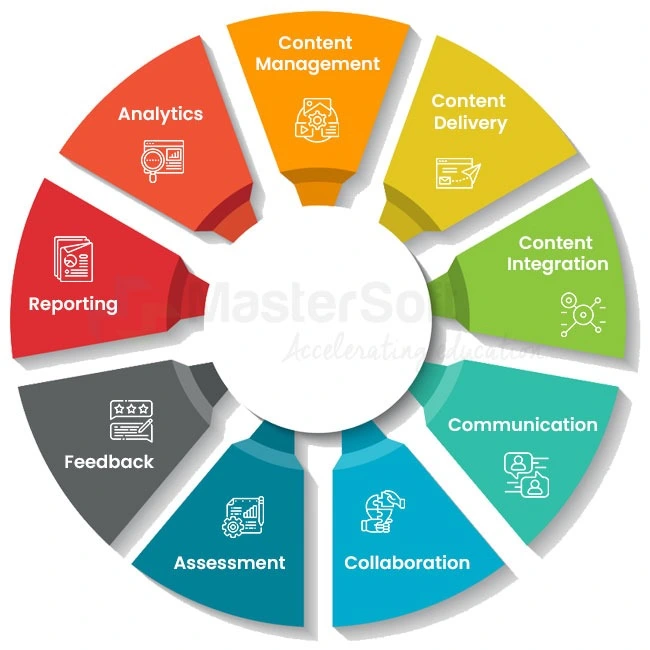
Additionally, it also offers opportunities for interaction and collaboration. Some of the benefits of LMS in education are:
- Content Management : With LMS teachers can easily create, store, organise, and share various types of content. These include text, images, audio, video, animations, simulations, games, quizzes, surveys, etc.
- Content Delivery : It also allows teachers to deliver their content in different formats, such as synchronous (live), asynchronous (on-demand), or hybrid (mixed). LMS also allows teachers to control the access and visibility of their content based on criteria such as enrollment status, completion status, etc.
- Content Integration : Teachers can integrate their content with external sources, such as websites, databases, libraries, repositories, etc. using LMS.
- Communication : Communication with students is now easier through various channels, such as email, messages, announcements, notifications, etc.
- Collaboration : LMS also allows teachers to facilitate collaboration among their students through various tools, such as forums, chats, blogs, wikis, podcasts, webinars, etc.
- Assessment : It’s easiest to assess students' learning outcomes through various methods, such as quizzes, tests, assignments, projects, portfolios, etc.
- Feedback : Using LMS teachers can provide feedback to their students through various ways, such as comments, ratings, badges, certificates, reports, etc.
- Reporting : LMS allows teachers to generate reports on various aspects of their courses and training programs. These include enrollment status, completion status, progress status, performance status, etc.
- Analytics : Lastly, LMS allows teachers to analyse data on various aspects of their courses and training programs. These include student behaviour, student engagement, student satisfaction, student retention, student achievement, etc.
Challenges of LMS in Education
While there are a number of benefits of a Learning Management System, there are also a few challenges. These challenge LMS's requirement of technical, financial, and human resources to be implemented and maintained. Here are a few for your reference:
- Technical challenges: LMS requires a reliable and secure infrastructure to support the delivery and management of online courses and training programs. It also requires compatibility with various devices, browsers, operating systems, and standards.
- Financial challenges: LMS requires a significant investment to acquire, install, customise, and operate. Along with that, it has ongoing costs to maintain, upgrade, and support.
- Human challenges: Lastly, LMS requires skilled and trained personnel to design, develop, deliver, and manage online courses and training programs. Adequate and appropriate support and guidance are also needed for teachers and students to use the system effectively.
With that, you now understand the role, benefits, and even the challenges of a Learning Management System. You are also familiar with the concept and benefits of E-Learning.
So now, let’s move on the final part of our article,
Future of LMS in Education
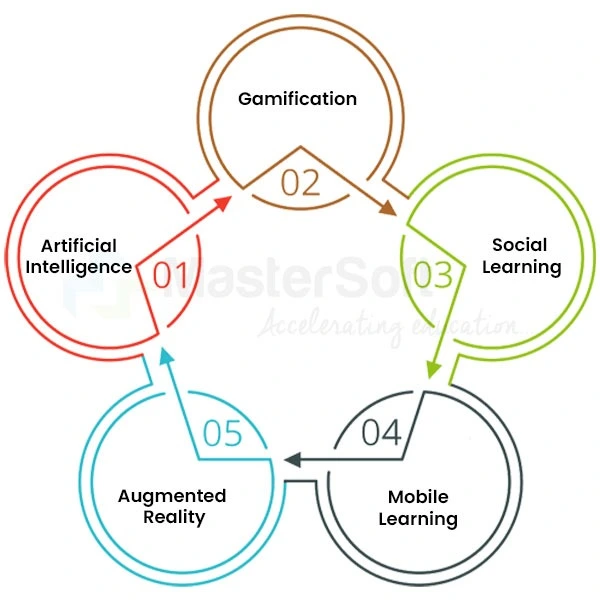
Just like education is constantly evolving, LMS is also constantly evolving and improving to meet the changing needs and expectations of education. By Integrating with emerging technologies, LMS will enhance the quality and efficiency of teaching and learning in the future.
Here are some future trends in LMS for you:
- Artificial Intelligence : LMS will leverage artificial intelligence to provide more personalised and adaptive learning experiences. With the backing of artificial intelligence, LMS will analyse data and provide insights, recommendations, feedback, and support for teachers and students.
- Gamification : Next would be the gamification of learning. LMS will incorporate gamification elements to increase student engagement and motivation. It will use gamification elements such as points, badges, leaderboards, levels, challenges, rewards, etc. Thus making learning more fun and interactive.
- Social Learning : Fostering social learning by facilitating more interaction and collaboration among students will also be part of LMS in the near future. LMS will use social learning tools to create a sense of belonging and connection among students.
- Mobile Learning : LMS will support mobile learning by providing more flexibility and convenience for students. LMS will use mobile learning tools such as apps, notifications, etc. This will enable students to access their courses anytime, anywhere, and on any device.
- Augmented Reality : Finally, LMS will enhance augmented reality by providing more immersive and realistic learning experiences. LMS will make the best use of augmented reality tools to overlay digital information and objects onto the physical environment.
LMS And Skill Development: Nurturing A Learning Culture
Summing It Up
As we end the article, let's recap everything we learned about the Learning Management System and how it reshapes education.
LMS is a powerful tool that helps reshape education by enhancing the quality, accessibility, and efficiency of teaching and learning. It provides a platform for delivering online courses that offer personalised and adaptive learning experiences.
LMS also provides features for communication, collaboration, assessment, feedback, reporting, and analytics. These features support various forms of content and offer opportunities for improved interaction and collaboration.
We also know that LMS can integrate with emerging technologies such as artificial intelligence, gamification, social learning, mobile learning, and augmented reality. This helps in enhancing the quality and efficiency of education.
Finally, LMS also poses some challenges to education by requiring technical, financial, and human resources to implement and maintain.
However, these challenges can be overcome by choosing the right LMS that suits the needs and goals of the organisation. This can be easily achieved by providing adequate training and support for the users. Embracing online learning as a valuable mode of education is also a great step toward a future of better education.
Unlock the power of the learning management system and upgrade education today!!!
Mobile: 08448010216
Email:info@mastersofterp.com

